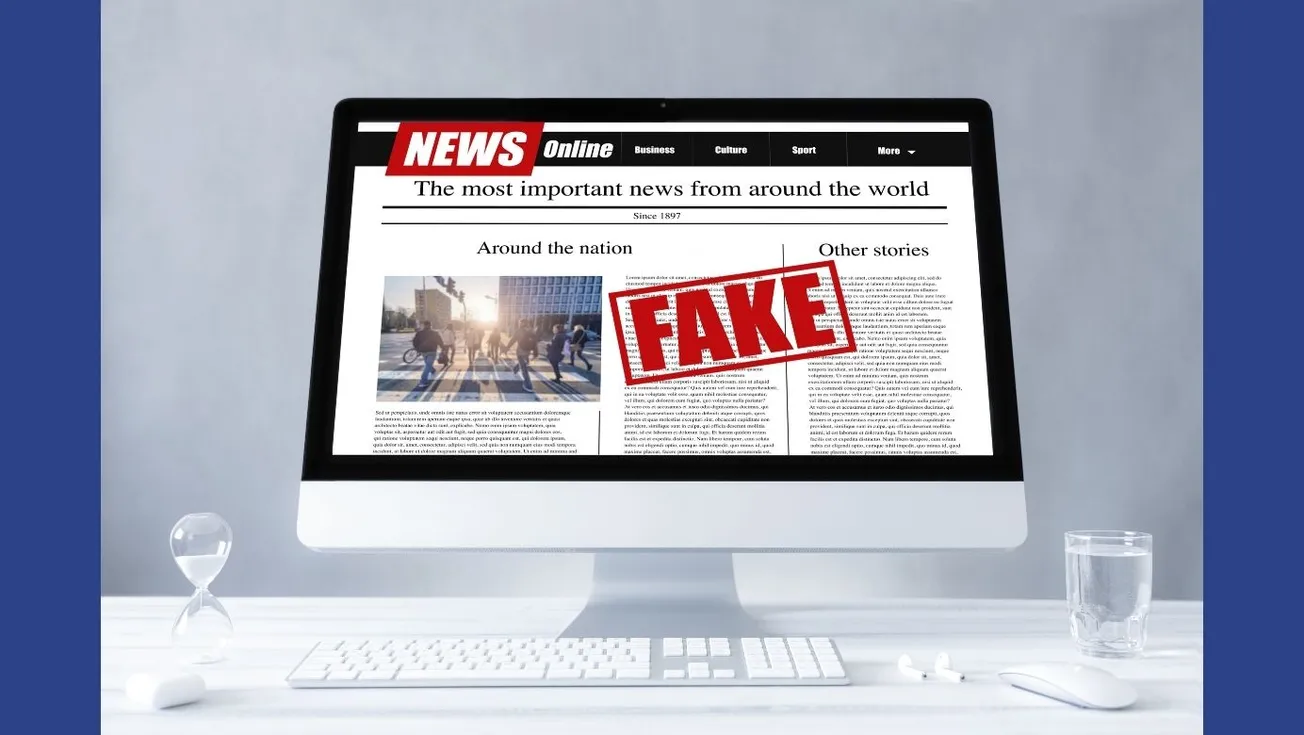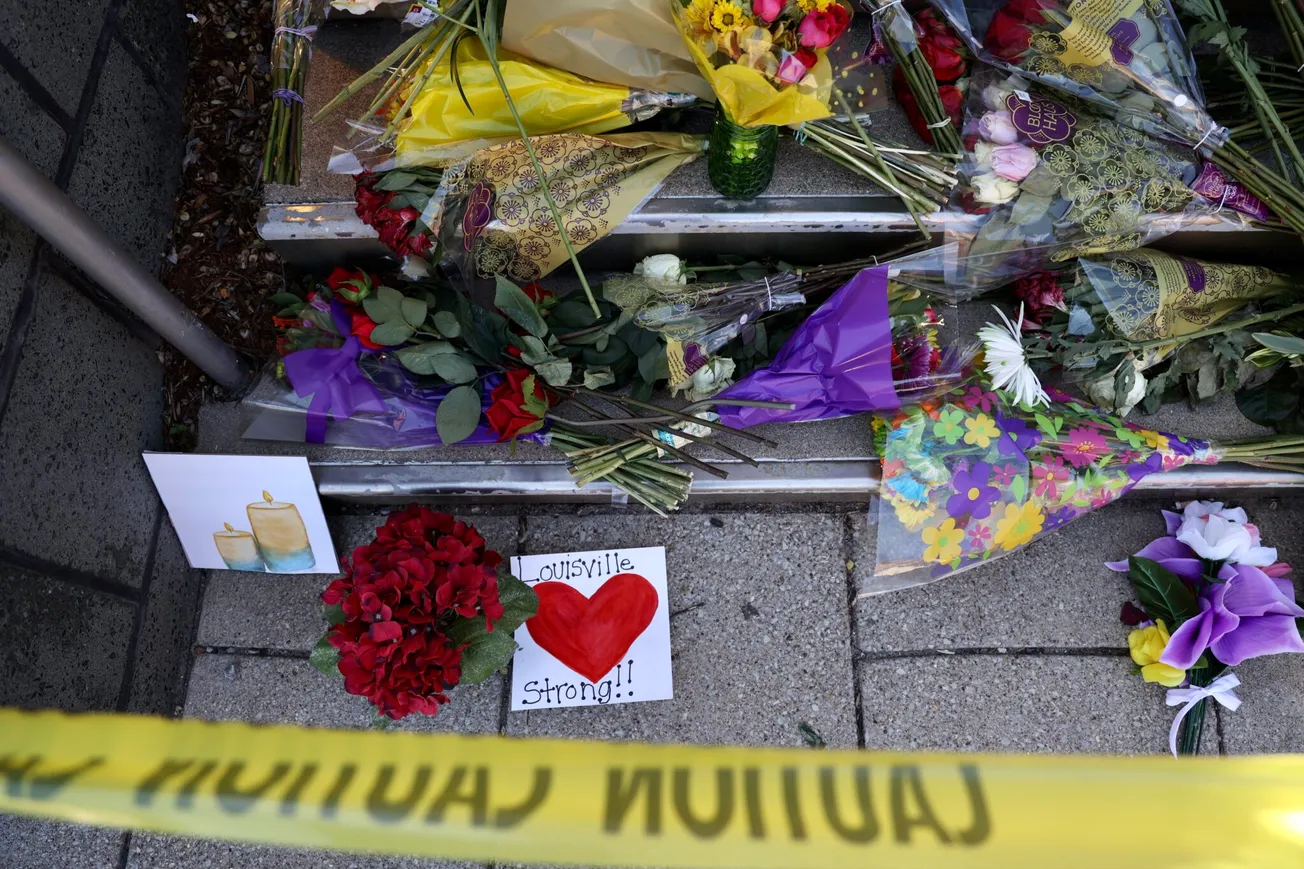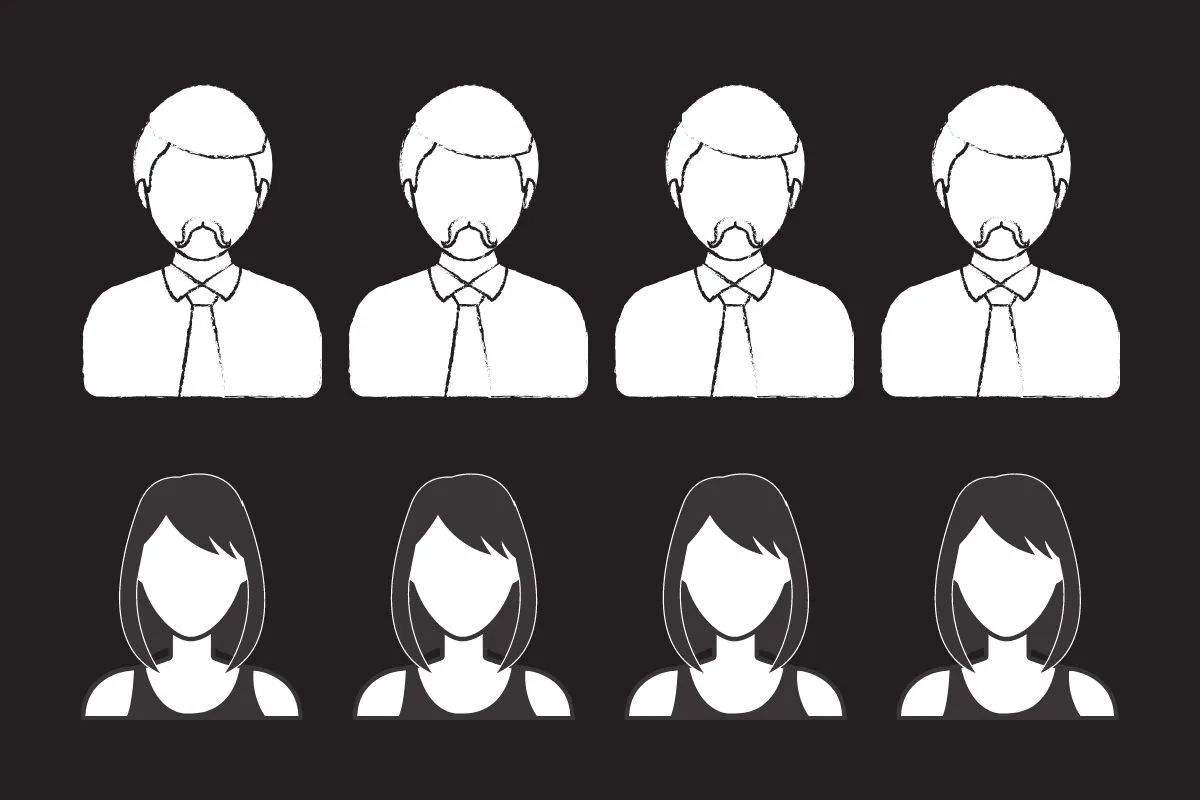After a year of election-related lies and disinformation, voters in 32 states went to the polls this month with few major technical errors, lines or delays in results.
But election officials and voting rights advocates caution there is still considerable work to do ahead of next year’s midterms to boost lagging confidence in the democratic process, especially among the three-quarters of Republicans who believe former President Donald Trump’s false claim that the 2020 election was rigged.
“Despite all of the threats, despite distractions, despite harassment, despite frivolous subpoenas, despite the pandemic and a continued lack of resources, election officials once again did what we have seen them do repeatedly: They facilitated democracy,” said David Becker, executive director and founder of the Center for Election Innovation and Research, a D.C.-based nonpartisan nonprofit.
“But we are not out of the woods. I am more concerned today than I was a year ago.”
While the election went well, Becker said, Congress still has not acted on threats to voting access, and the lies of the 2020 election have not receded.
In Virginia, where a record number of voters elected Republican Glenn Youngkin as governor, county election officials were able to stave off major delays in reporting results because of the state’s reliance on paper ballots, said Chris Piper, commissioner of the state Department of Elections.
Just outside of Washington, D.C., Fairfax County had a technical glitch when uploading results on Election Day. County officials rescanned 20,000 paper ballots and reported their results before the end of the night. Elsewhere in the commonwealth, some county precincts had to restock paper ballots after running out because of high turnout—a common issue that was quickly resolved, Piper said.
But his office also detected disinformation on social media, including posts that falsely claimed that any polling place that had a Wi-Fi signal could have its voting machines hacked. He and other Virginia election officials have a lot of work to do before the midterms, he said.
“We just have to continue the work of filling in the gaps in information,” he said, “continuing the work of just showing everyone exactly what we do. That’s the most important thing. The education campaign can never stop.”
Republicans threaten voter registration volunteers with crimes
Many Republican lawmakers and conservative activists, however, insist the way to restore faith in the democratic process is by tightening voting access.
Jonathan Haines, vice president for the conservative think tank Virginia Institute for Public Policy, said in an email that more work needs to be done to ensure “election integrity,” using the preferred term of Republicans seeking to cast doubt on recent election results, despite there being no evidence of any widespread fraud. Haines declined to respond to questions from Stateline about specific policies his organization will push. His group helped train poll watchers to look for fraud.
Since Trump lost his reelection bid last November, he and his allies have relentlessly called into question the security of U.S. elections, arguing without evidence that his loss was the result of a system rigged against him.
Those claims have been used in Republican-led states to launch partisan investigations of the 2020 election and to pass a wave of laws that added new voting restrictions, especially on early and mail-in voting. At the same time, state and local election officials have faced a barrage of violent threats from people inspired by that disinformation.
Just a third of Republicans now trust elections are fair, while more than 8 in 10 Americans believe there are major threats to U.S. democracy, according to an NPR/PBS NewsHour/Marist poll released just before Election Day.
“I’m tired of all the lies,” said Alan Hays, the Republican elections supervisor for Lake County, Florida. “There are millions of people today who have lost faith in their election system, only because of these unsubstantiated allegations. That is as un-American as communism.”
Every county election supervisor in Florida, Democrats and Republicans, last month signed an open letter to voters seeking to dispel falsehoods about the 2020 election and to affirm the overall integrity of the state’s voting process. The bipartisan group wrote the letter after several local Republican committees in the state called for an Arizona-style partisan audit of the 2020 results in a state that Trump won.
Despite the letter, Florida Gov. Ron DeSantis last week called on fellow Republicans in the legislature to pass a new measure creating an office to investigate and prosecute voter fraud.
Restoring confidence in the election system won’t come through politically motivated investigations, but through ensuring transparency and telling the truth, Hays said.
"There are millions of people today who have lost faith in their election system, only because of these unsubstantiated allegations. That is as un-American as communism." – Alan Hays, Republican elections supervisor for Lake County, Florida
In Utah, Weber County Clerk Ricky Hatch has opened his office to any voter or candidate who wants to tour the facility and learn more about the security protections for the voting and ballot-counting processes. Hatch, a Republican, empathizes with people who have a healthy skepticism of the election system. But he has found that nearly everyone who visits his office leaves more confident in the system’s safeguards.
“We’re used to doing stuff quietly and reliably and behind the scenes because we want elections to be all about the candidates or the issues, not about the technicalities about how it’s done,” he said. “But that’s been called into question and we have to showcase it.”
On Election Day earlier this month, Hatch guided Republican U.S. Senate candidate Becky Edwards around his office, showing her how mail-in ballots are received and processed, while also explaining the checks in place that add layers of security. Edwards is challenging U.S. Sen. Mike Lee for the GOP nomination in 2022.
Walking through the office, where walls are lined with historic campaign posters dating back to the Bull Moose and Whig political parties, Edwards felt inspired by the “remarkable” election process in her state, which relies almost entirely on mail-in voting.
“For a lot of voters, this misinformation on voter integrity and the election process has been deeply concerning,” she told Stateline after the tour. “It was important for me to see it firsthand so I can assure voters in Utah that they can continue to feel confident and willing to participate in this integral process of voting.”
Local election officials should emulate Hatch, said Matt Masterson, a non-resident policy fellow at the Stanford Internet Observatory and a former chair of the U.S. Election Assistance Commission, an independent, bipartisan body that issues guidance on election administration. Trump’s disinformation playbook is not going away, he said. Election officials should be prepared to respond to attempts to create distrust or doubt.
“We need to tell the story of American democracy to voters over and over again to really help them understand it,” he said, “but also give them pause when they have an opportunity to interact with dis- and misinformation.”
The challenge for the country before the midterms is to boost funding for election administration so officials have the technology and resources to secure the voting process, Masterson said. It’s also crucial to educate the public, he said, to build a firewall of facts to block disinformation. Congressional efforts to bolster the election system through new money and voting rights protections have stalled in the U.S. Senate.
Disinformation may be the new normal, election officials fear
At the federal level, the Cybersecurity and Infrastructure Security Agency continues to update a “rumor control” website to address specific falsehoods and myths surrounding U.S. elections. Geoffrey Hale, director of the Election Security Initiative for the agency, said such efforts can help explain the complexities of elections and reassure the public.
Many Republicans, however, argue that the best way to rebuild trust is to enact laws that restrict mail-in voting and add voter ID requirements. At least 19 mostly Republican-led states enacted 33 laws that added new barriers to the voting process this year, according to the Brennan Center for Justice at New York University School of Law. Similar efforts will continue through next year.
In Michigan, a conservative group is gathering signatures for a petition that would add a photo ID requirement for absentee ballot applications and bar counties from sending voters unsolicited applications to vote by mail. The state already has a voter ID requirement, but the petition would eliminate an option for voters to sign an affidavit to confirm their identity if they lack a state-issued ID.
If the group gathers signatures of roughly 340,000 voters over the next six months, the petition would need approval only from the Republican-led legislature to be enacted, bypassing the governor’s pen. Democratic Gov. Gretchen Whitmer already has vetoed bills that would add new voter ID requirements and other ballot access restrictions this session and would likely veto the ballot initiative if she could.
“To have a healthy republic, you have to have confidence,” said Jamie Roe, a Republican strategist and spokesperson for the Secure MI Vote ballot initiative. “We’re trying to assuage voters’ fears and stop bad election official work from stoking those fears.”
But Nancy Wang, executive director of Voters Not Politicians, a voting rights group, said the goal of the petition is to sow more distrust in the voting system. Her organization has been attending farmers markets and other events statewide, lobbying voters against signing the petition.
“All of this is just smoke and mirrors,” she said. “This isn’t about protecting democracy.”
--30--
Written by Matt Vasilogambros. Cross-posted from Stateline, an initiative of The Pew Charitable Trusts.







